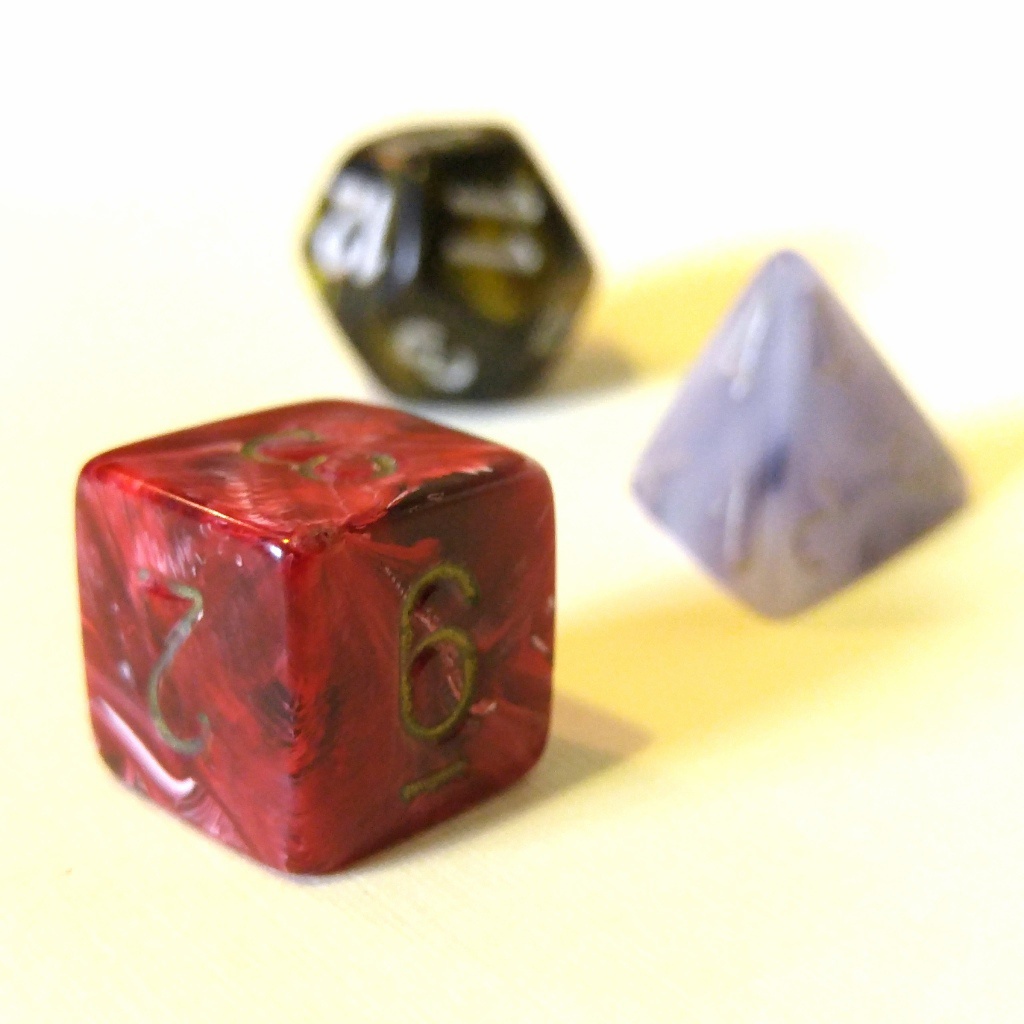Mechanics: Turn Order

While play is being tracked in rounds, it can be important to know in what order people act. This is monitored through the use of the Initiative counter.
At the beginning of the action, each player rolls Initiative (Quickness/Intuition) to see who is the fastest to respond to the changing situation. The player who rolls the highest Impact goes first, followed by the second-highest, and so on. In the case of a tie, the person with the higher Precision wins. If both Impact and Precision match, those people re-roll against each other to determine their turn order relative to each other. (NOTE: Initiative is a skill and can be updated as one. However, because a skill enhances a roll's Precision, buying points in the skill will only help you win ties when your Impact is the same as someone else's.) Each player then takes their turn in the round, spending their actions as they see fit. Once everyone has acted a new round begins and the person who rolled the highest Initiative goes again, restarting the Initiative order.
A character can decide to hold their actions, effectively waiting to see how the situation changes before deciding how to act. That person removes themselves from the initiative order and the round continues without them until they decide they will act again. When that happens, their Initiative changes to the current count. This change is permanent for the rest of the scene unless they decide to delay again. When they rejoin the Initiative, they cannot interrupt someone else’s turn.
A character can delay their entire turn or only some actions. If they decide to act once and then hold their remaining actions, their Initiative count still changes permanently when they rejoin the action, and they only have whatever actions available that they didn’t spend during the first part of their turn.
A character can delay for as long as they want to, including one full round or more. If they hold their action long enough that a new round begins, they could rejoin higher in the Initiative count than where they left. Their Initiative will now be a higher number than it had been before, but they spent extra time not acting in order to get there.
Example: Saharra and Frank are surprised by a rabid Naziraptor. Combat begins, and all three roll initiative. Frank adds his Quickness and Intuition pools together for a combined pool of d10/d4 and rolls 5/3. Saharra’s pool is d8/d6/d4, rolling 3/5/1. The Naziraptor has an initiative pool of d10/d8 and rolls 8/6. Saharra chooses the 5 and the 1 from her roll. With an Impact of 4, Saharra goes first in the initiative count. Both Frank and the Naziraptor tie with an Impact of 2, but the Naziraptor goes before Frank because it has a higher Precision (14 compared to 8).




